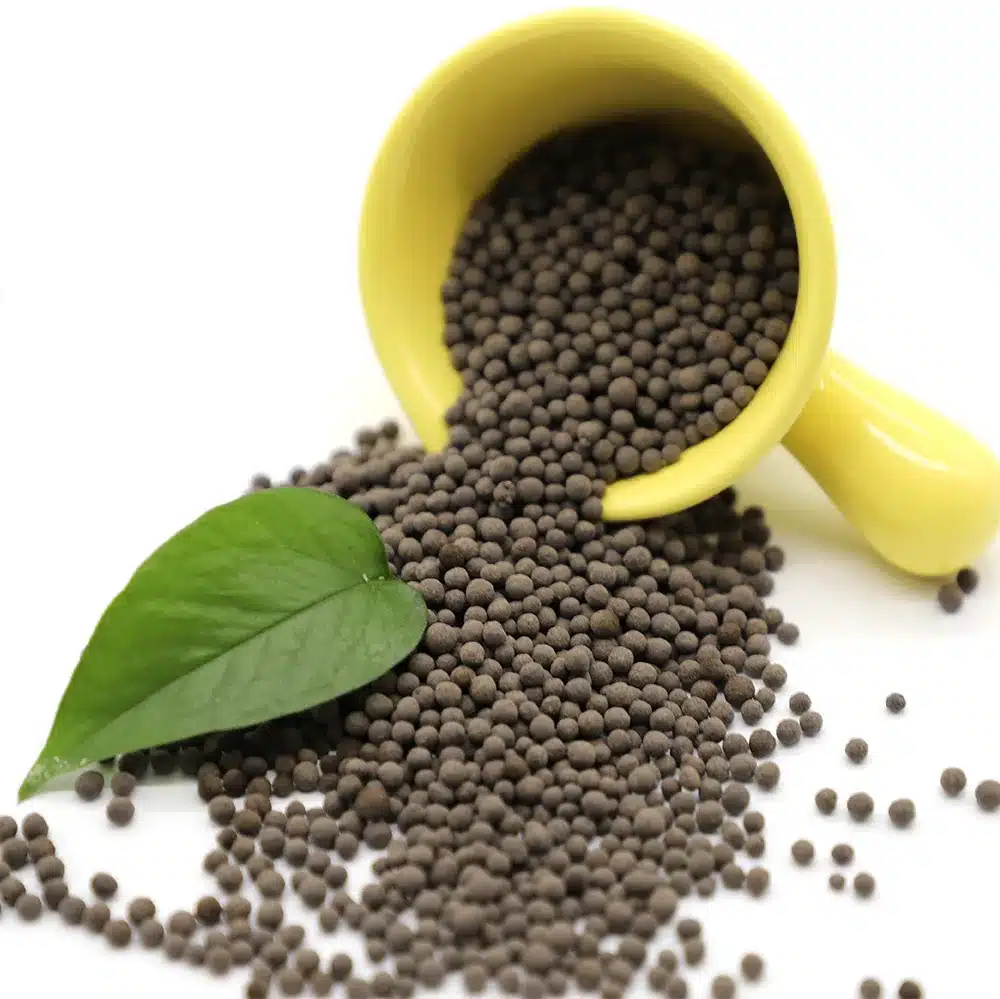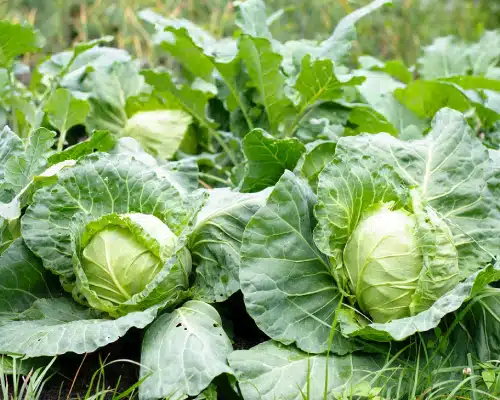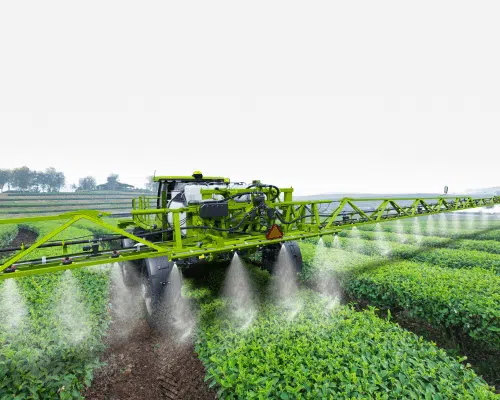The Benefits of Fermented Molasses in Farming

The Many Uses of Fermented Molasses

Organic Fertilizer
Fermented molasses contain essential nutrients like nitrogen, phosphorus, and potassium making it an efficient organic fertilizer for gardens. Its sugary properties also promote beneficial microbial activity and reduce soil compaction.

Feedstock Additive
Added to animal feed, molasses enhances palatability, promotes weight gain and improves the animal's overall digestive health. It is also a natural fly repellent that can be used to reduce pest populations in and around animal feeding areas.

Soil Enhancer
By adding molasses to the soil, it stimulates the growth of soil organisms, leading to improved soil structure and better moisture retention. This process helps to prevent soil erosion and reduces the need for irrigation.
Environmentally Conscious Agriculture
Fertilizer Efficiency
Molasses reduces the need for synthetic fertilizers and helps to reduce nutrient runoff and leaching, which is better for the environment.
Organic Agriculture Benefits
Molasses is a great fertilizer for organic farming as it's made from natural, renewable resources and doesn't have any synthetic compounds that can harm the soil and the crops.
Better Soil Health
Molasses improves soil structure and moisture retention, leading to healthy soils that can better withstand drought, pests, and other environmental stressors.
The Journey of Fermented Molasses From By-Product to Valuable Resource
Fermented molasses is the product of refining sugarcane or sugar beet molasses. Through the process of ethanol production, there is nutrient-rich sludge that is filtered out. This substance is stored and used as a mineral-rich, high-carbohydrate feedstuff and is ideal for agricultural uses.
Fermented Molasses vs Conventional Fertilizers

More Sustainable
Molasses is a more sustainable alternative to synthetic fertilizers. It improves soil fertility and plant growth without harming the environment.

Less Nutrient Runoff
Molasses has a lower solubility than synthetic fertilizers, which means that it has a lower risk of causing nutrient runoff and leaching, reducing the environmental impact.

Improved Plant Growth
Compared to synthetic fertilizers, molasses provides valuable micronutrients that result in better plant growth, yield, and quality.
The Benefits of Drought-Resistant Crops
With the worsening of drought conditions around the world, it's imperative to develop drought-resistant crops that can adapt to changing environmental conditions. Fermented molasses can assist in this process by providing essential nutrients and increased soil moisture retention,

